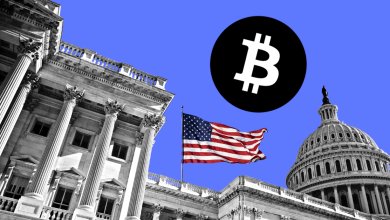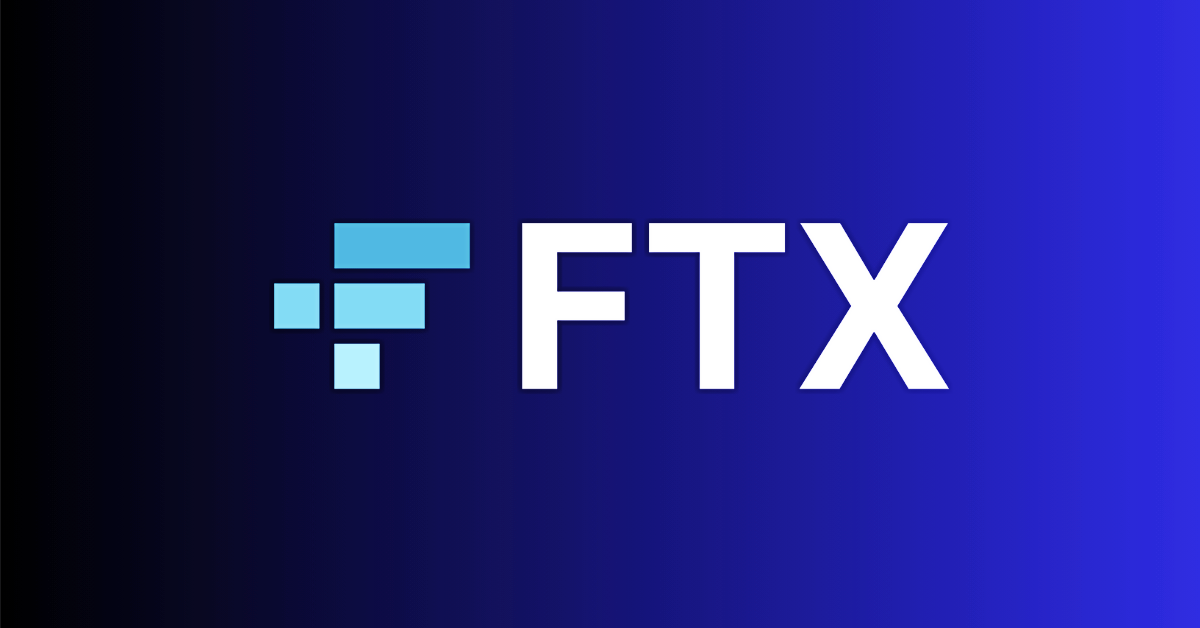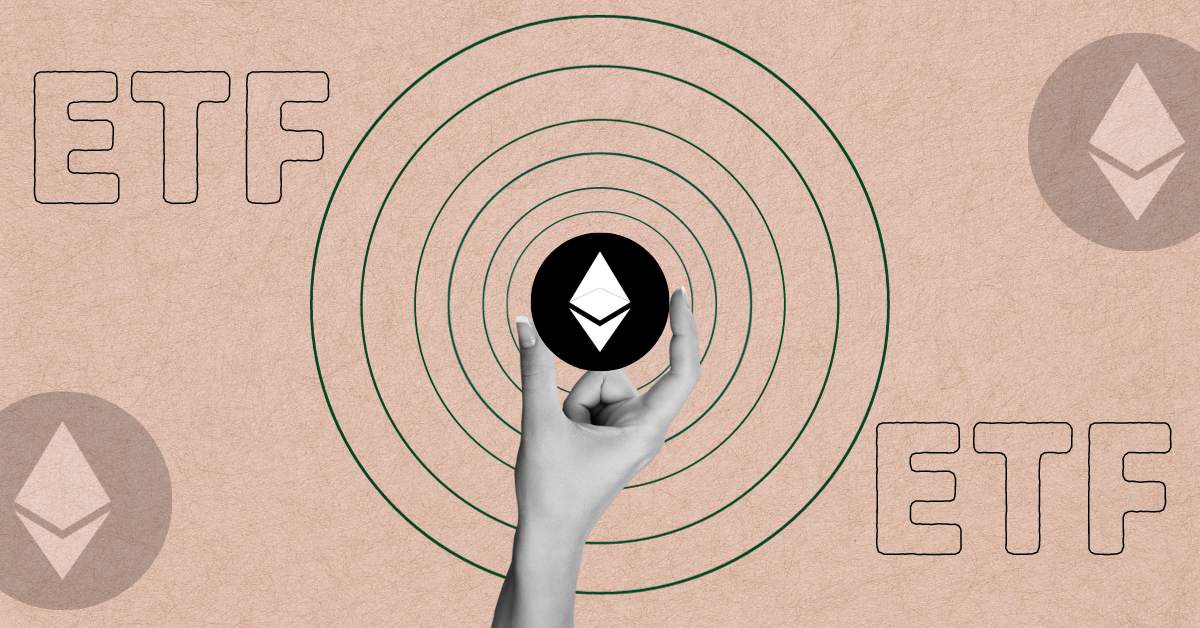
FTX Reorganization Takes New Plan : How This Alters User Asset Valuation & Impact on Creditors

Earlier this week, FTX debtors submitted an amended Plan of Reorganization to the bankruptcy court overseeing the ongoing proceedings. This revised proposal contains notable divergences from the original Terms of Service (TOS) governing the now-bankrupt FTX cryptocurrency exchange.
The major controversy stems from the plan’s approach to account holder assets. Under the initial FTX TOS that users agreed to, digital assets held on the platform were regarded as client property stored via custodial mechanisms. However in stark contrast, the new restructuring plan values assets only according to their conversion USD rates as of the date FTX filed for bankruptcy protection.
This represents a seismic shift from the long-standing understanding between FTX and account holders concerning true ownership and rights to digital funds stored in exchange wallets. As such, major questions have arisen regarding the proper legal treatment and return of client property.
The overall objective of the revised proposal sets forth financial recovery pathways for unsecured creditors who were severely impacted by FTX’s implosion last November. The plan lays ground rules for dispensing creditor votes as well as setting compensation percentages. It also formally integrates settlement of ongoing fraud allegations and disputes levied against former top FTX executives into overall restructuring proceedings.
One particular component that requires court sign-off is the stipulated Customer Preference settlement. This sub-agreement strives to impartially resolve conflicts over account holders’ entitlements to reclaim tokens held on FTX under preexisting custody terms versus bankruptcy liens asserted by creditors seeking to maximize returns on debts owed.
Additionally, the proposal put forward by FTX contains substantive consolidation provisions combining all corporate FTX entities into a solitary organization for streamlining implementation.
In summary, the stark divergence from pre-established asset ownership rights marks perhaps the most controversial shift as bankrupt FTX attempts to revamp policies and equitably distribute remaining capital. The outcome stands to establish precedent on consumer protections for the burgeoning cryptocurrency industry writ large.
NEWS TODAY
-
IRS team reports rise in crypto tax investigations
January 4, 2024 -
Wall Street Has Decided It’s Time to Get Greedy Again
January 4, 2024
Bitcoin News
Blockchain
-
Blockchain Development: Revolutionizing the Future of Technology
December 14, 2023 -
Blockchain Technology Revolutionizing the Digital World
December 14, 2023
Ethereum
-
SEC Postpones Ruling on Ethereum ETFs, Opens Door for Public Input
December 20, 2023



















